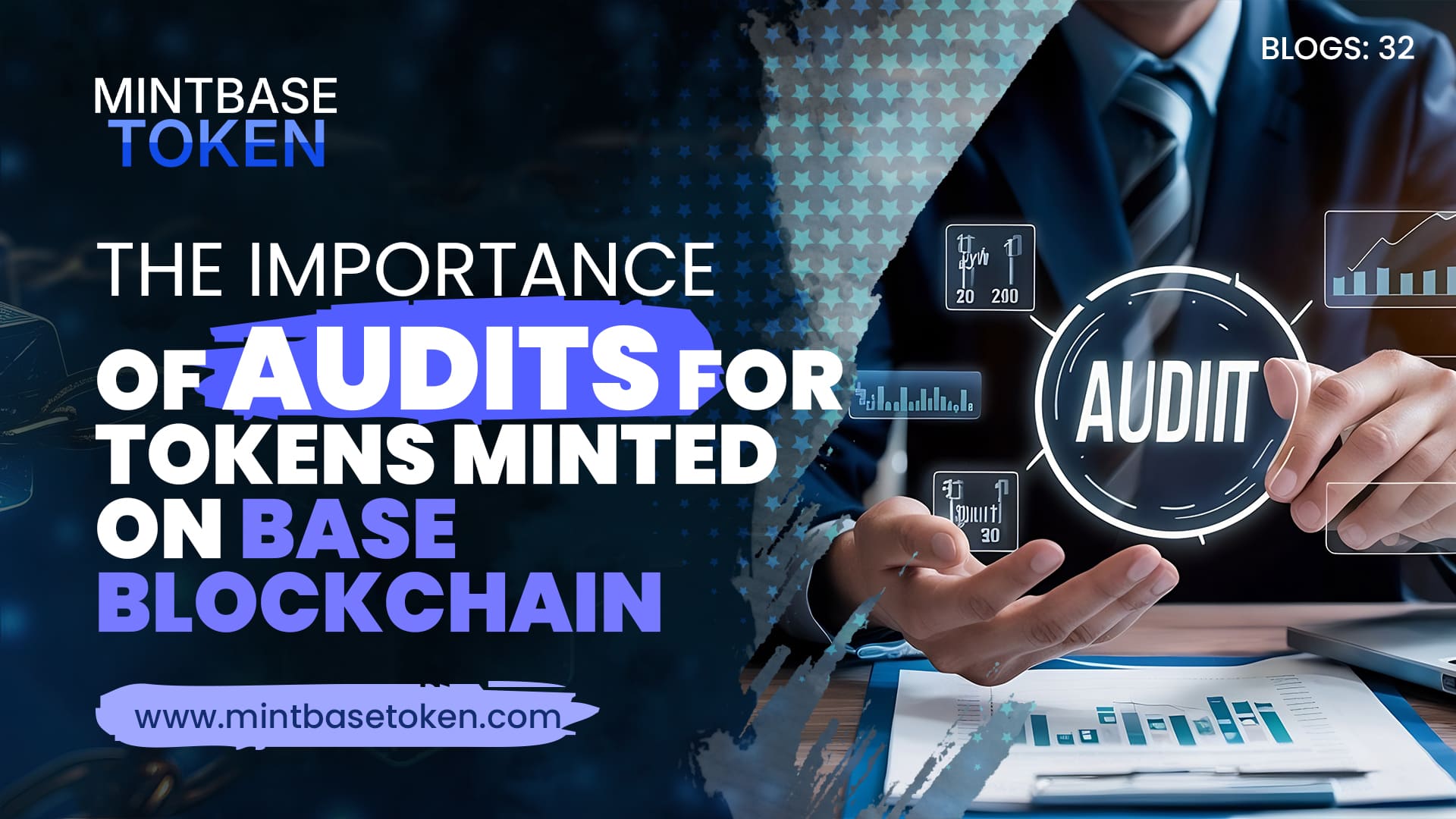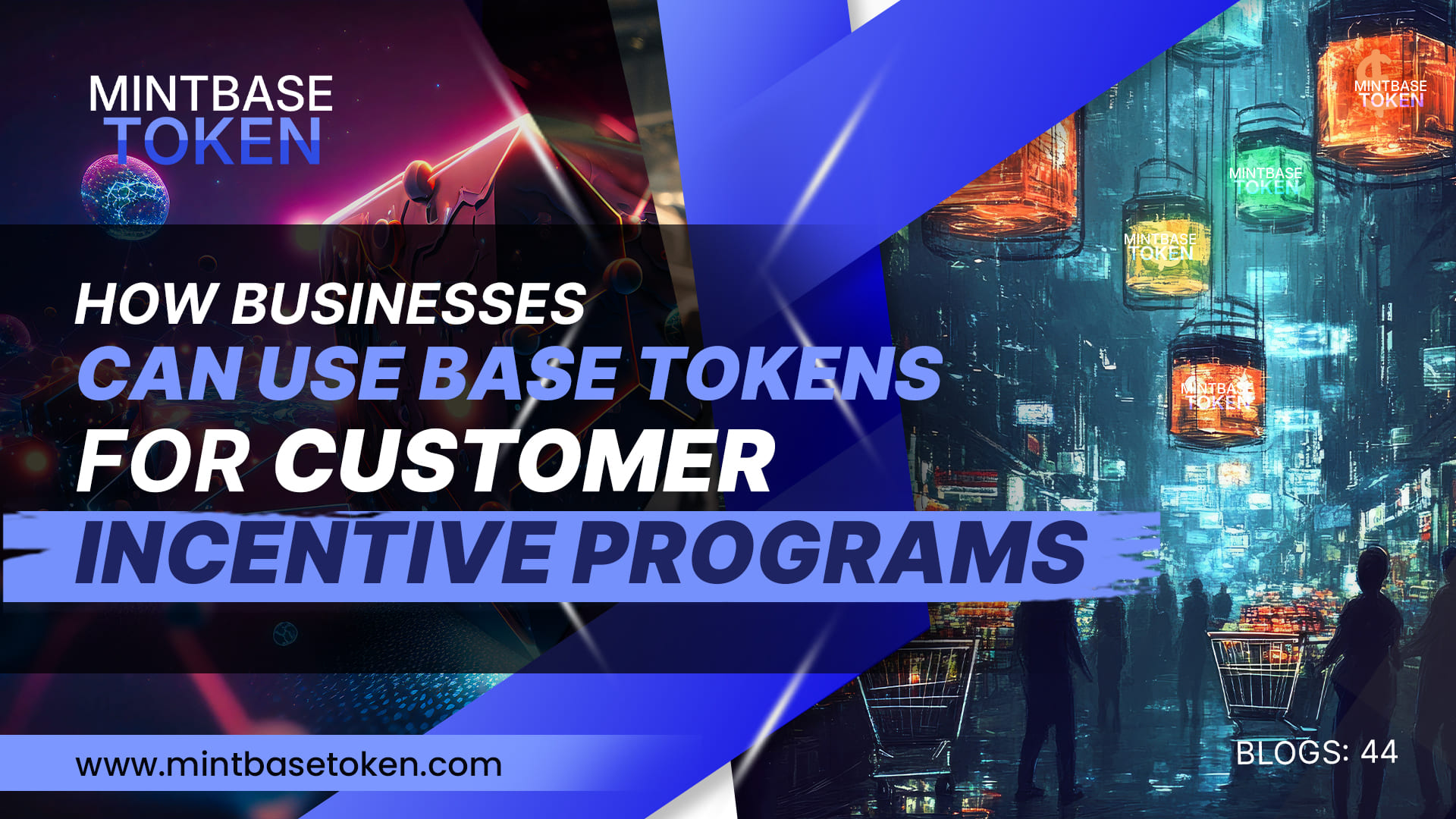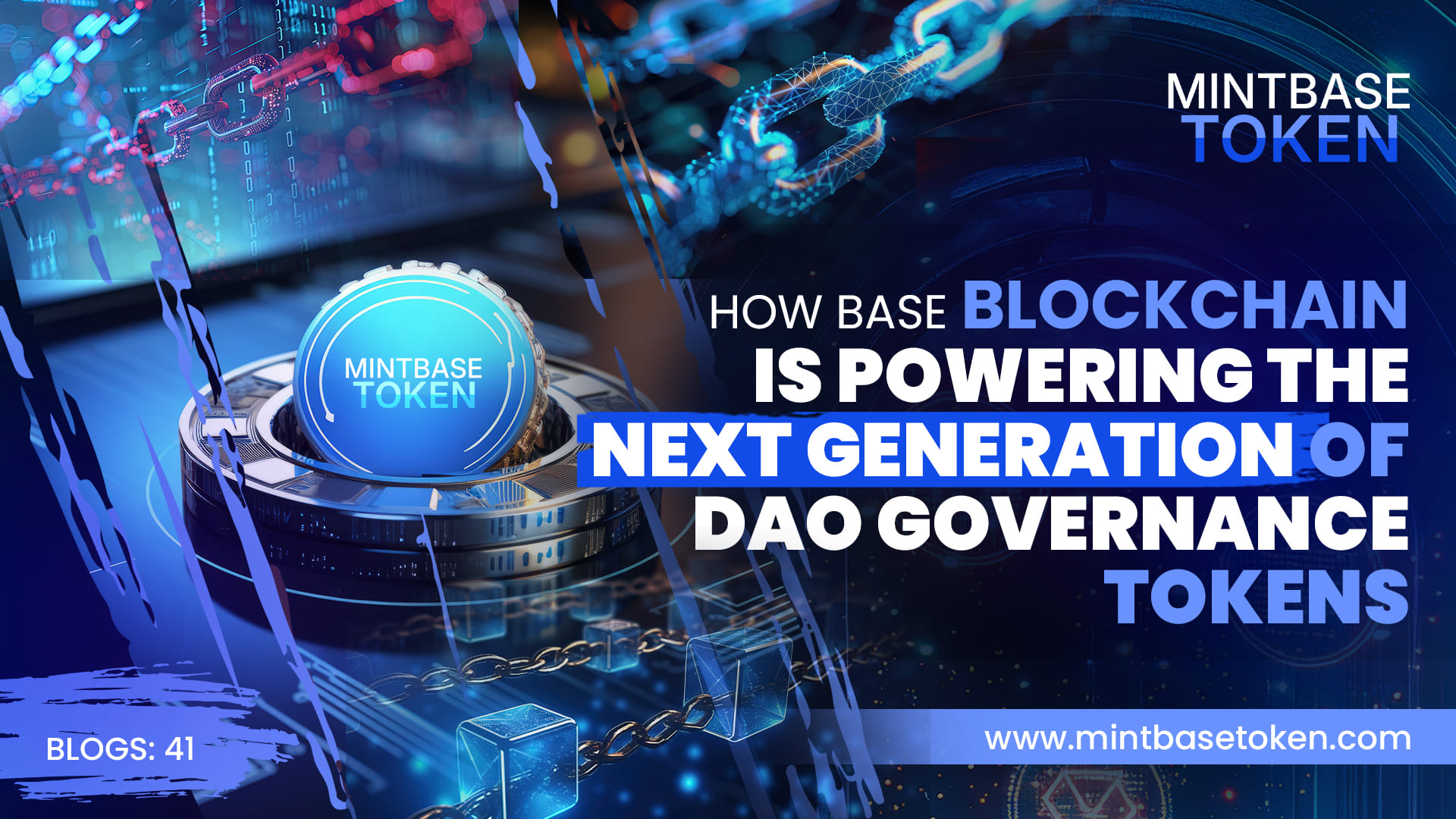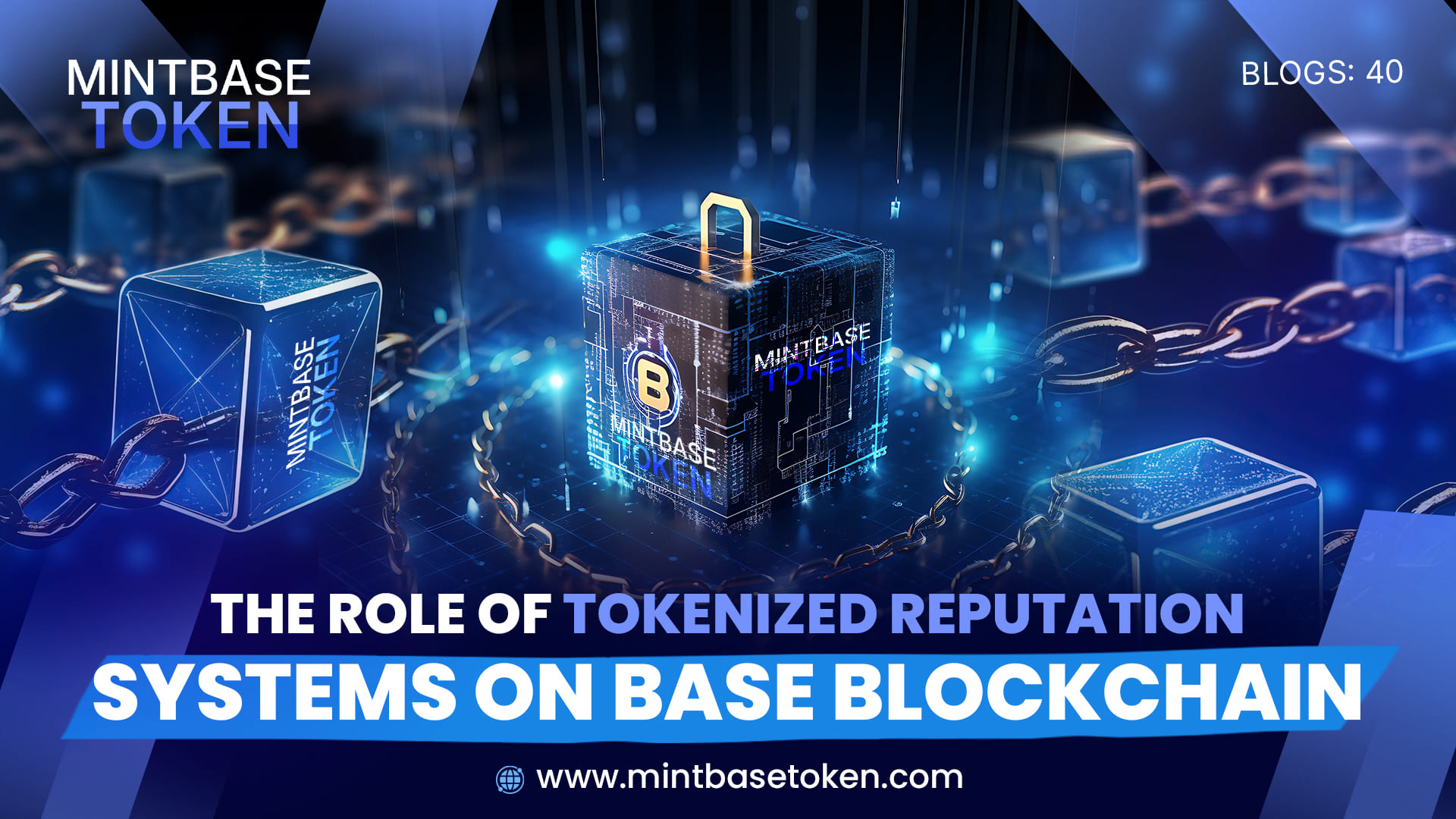February 10, 2025
The Importance of Audits for Tokens Minted on Base Blockchain
Token security is one of the most critical aspects of launching a successful project on Base blockchain. With smart contract vulnerabilities and rug pulls being major concerns in the crypto industry, audits are essential for ensuring trust, security, and long-term sustainability of tokens minted on Base.
Why Token Audits Are Crucial on Base Blockchain
- Smart Contract Security
- Audits help identify vulnerabilities in ERC-20 and ERC-1155 token contracts that could lead to exploits.
- Prevents common issues like reentrancy attacks, overflow bugs, and infinite minting loopholes.
- Protecting Investors from Scams and Rug Pulls
- An audited contract assures investors that token minting and liquidity locking mechanisms are secure.
- Reduces the likelihood of developers executing malicious code that drains liquidity.
- Ensuring Compliance with Best Practices
- Many DeFi protocols and exchanges require a security audit before listing new tokens.
- Ensures tokenomics and governance models function correctly.
- Building Trust and Credibility
- Audited projects attract more serious investors as they demonstrate transparency and accountability.
- Helps gain partnerships with DeFi platforms, exchanges, and institutional investors.
How to Audit Tokens on Base Blockchain
- Choose a Reputable Auditing Firm – Top firms include CertiK, Hacken, Solidity Finance, and PeckShield.
- Conduct a Code Review – Ensure the smart contract follows Ethereum and Base blockchain standards.
- Simulate Attack Scenarios – Use automated security tools and manual penetration testing.
- Fix and Retest – Developers must implement recommended fixes before launching the token publicly.
Conclusion
A well-audited token is the foundation of a secure and reputable project on Base blockchain. As the ecosystem grows, audits will remain a crucial component in establishing trust, protecting investors, and ensuring long-term project viability.






